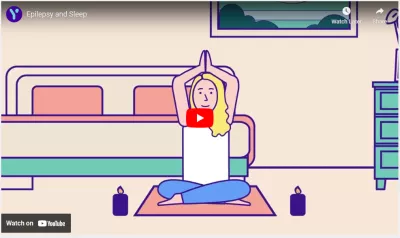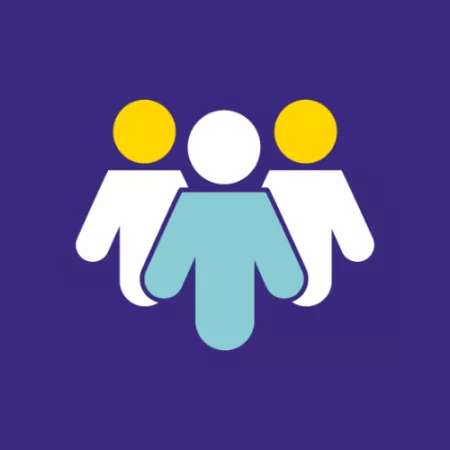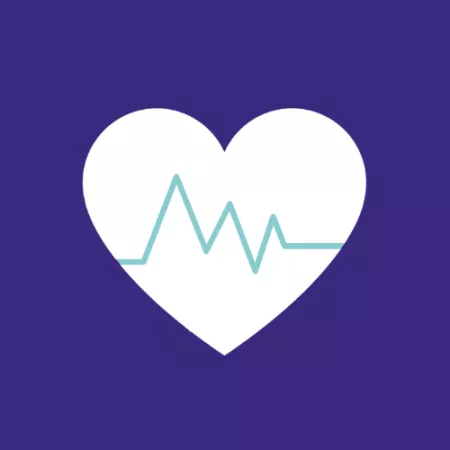The information on this page about sleep development, from birth to 18 years old, is general advice that applies to all children. It also applies to children with epilepsy.
The skill of sleep
We develop sleep like we develop many other skills.
Sleep patterns and needs change greatly in the first months and years of life, and continue to develop right up to late adolescence.
The information below shows you what to expect at different stages of development.
It also offers some general advice on things you can do to encourage healthy sleep in your child.
If your child has a specific sleep problem, or you have a particular concern, talk to your child’s GP or health visitor for further advice.
Sleep development
Night-time sleep/24 hours
- 10–19 hours of sleep per 24 hours
- Sleep periods separated by 1–2 hours awake, during the day and at nighttime
Naps/24 hours
- 10–19 hours of sleep per 24 hours
- Sleep periods separated by 1–2 hours awake, during the day and at nighttime
Milestones in sleep behaviour
- Gradually starts to sleep when it’s dark
General advice
- Place your baby to sleep on their back, on a firm surface – applies to babies up to the age of 18 months
- Encourage natural exposure to light in the morning
Night-time sleep/24 hours
- 9–10 hours
- Wakes on average 2–6 times a night – may not always wake parents
Naps/24 hours
- 3–4 hours in total; initially in 4 periods, decreasing to 2
Milestones in sleep behaviour
- Develops ability to self-soothe, e.g. thumb-sucking
- Develops associations with time for sleep, e.g. a special stuffed toy
General advice
- Put your baby into cot, drowsy but awake
- Aim to wean off night feeds/bottles by 6 months
- Avoid associations with time for sleep such as rocking or verbal soothing
Night-time sleep/24 hours
- 9.5–10.5 hours
Naps/24 hours
- 2–3 hours in total; decreasing from two to one nap per day
Milestones in sleep behaviour
- Increasing importance of ritual and routine
General advice
- Put your baby into their cot, drowsy but awake
- Aim to wean off night feeds/bottles by 6 months
- Avoid associations with time for sleep such as rocking or verbal soothing
Night-time sleep/24 hours
- 9–10 hours
Naps/24 hours
- About 25% of 4-year-olds may still nap
Milestones in sleep behaviour
- Starting school may call for a shift in sleep schedule
General advice
- Reading as part of the bedtime routine may encourage better sleep
- Avoid television at bedtime and do not have a TV set in the bedroom
- Avoid drinks containing caffeine, e.g. cola, etc.
Night-time sleep/24 hours
- 9–10 hours
Naps/24 hours
- Daytime napping, sleepiness or dozing off are not normal in this age group – may suggest a problem with sleep quantity or quality
Milestones in sleep behaviour
- Circadian preference, whether a person is a natural ‘owl’ (night person) or ‘lark’ (morning person), begins to emerge
General advice
- Reading as part of the bedtime routine may encourage better sleep
- Avoid television at bedtime and do not have a TV set in the bedroom
- Avoid drinks containing caffeine, e.g. cola, etc.
Night-time sleep/24 hours
- 9–9.5 hours, though most get 7–7.5 hours due to early school start times
Naps/24 hours
- None
Milestones in sleep behaviour
- The onset of puberty brings a natural sleep phase delay, i.e. tendency to stay up or wake up about 2 hours later than in middle childhood
General advice
- Electronic devices, e.g. mobile phones, gaming systems, should not be used near bedtime
- Encourage your child to manage their time well rather than ‘staying up’ to complete homework
This information is based on A Clinical Guide to Pediatric Sleep: Diagnosis and Management of Sleep Problems by Jodi A. Mindell and Judith A. Owens (Lippincott Williams & Wilkins 2010)
- Learn about monitoring seizures at night







